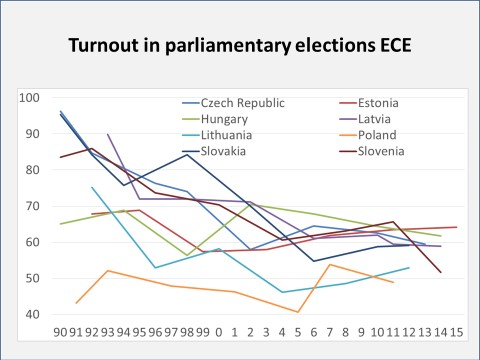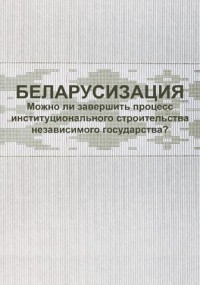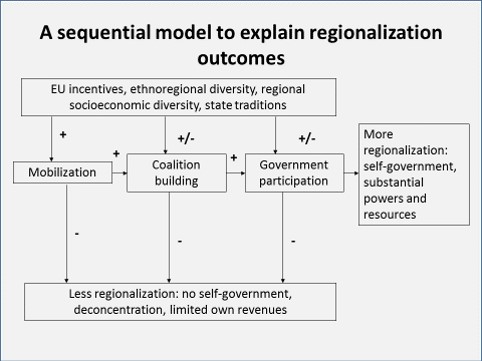On 25 January 2018, the
Eastern Partnership Civil Society Forum published the fifth edition of the
Eastern Partnership Index. The Index is a set of individual and composite indicators which measure the extent to which the six Eastern European neighbour countries of the European Union have established sustainable democratic institutions and made progress towards closer integration with the EU.
 In the methodology suggested by me, “integration” is conceived as a core and multi-dimensional concept that consists of converging norms, growing economic exchange, deeper transnational networks linking up societies, and more frequent contacts between people. This broad notion of integration implies that EU membership or association may be aims, stages or final states of the integration process. However, it is not limited to a measure of harmonisation with EU norms and standards, but also reflects actual societal, economic and political change. The levels of contractual relations between the Eastern Partnership states and the EU are viewed as elements of a much broader process that is, as a whole, not driven or controlled solely by governments and intergovernmental negotiations.
In the methodology suggested by me, “integration” is conceived as a core and multi-dimensional concept that consists of converging norms, growing economic exchange, deeper transnational networks linking up societies, and more frequent contacts between people. This broad notion of integration implies that EU membership or association may be aims, stages or final states of the integration process. However, it is not limited to a measure of harmonisation with EU norms and standards, but also reflects actual societal, economic and political change. The levels of contractual relations between the Eastern Partnership states and the EU are viewed as elements of a much broader process that is, as a whole, not driven or controlled solely by governments and intergovernmental negotiations.
Rather, European integration is seen as a non-hierarchical, networked process where citizens, civic associations and business organisations play important roles. The interplay of these actors has been crucial for the historical development of the EU itself, as it induced and supported national political elites to take legal and institutional steps towards closer integration. Drawing on this experience, the Index is built on the premise that the ties between societies, peoples and economies form dimensions of European integration that are at least as important as the policy agendas of national governments and European Commission officials.
It is further assumed that transnational linkages contribute to the emergence and spread of common European and international norms which, in turn, facilitate closer linkages with the EU. For example, increasing trade is likely to strengthen domestic companies that benefit from foreign investment and are likely to become interested in courts that protect investors’ rights. A judicial system based on fair procedures and professionalism will then contribute to attracting more foreign investors.
An analogous reinforcing dynamic derives from a commitment to international norms and universal values. By incorporating democratic values, the protection of human rights and the rule of law in their constitutions, EaP states have adopted universal norms that have formed the basis of co-operation and integration among West European states since the end of the Second World War. The more these norms are implemented and respected in EaP states, the more co-operation with the EU will ensue because these states and the EU will increasingly recognise each other as partners sharing common norms and underlying values.
Download the report:EaP_Index_2016
Download the dataset
 In the
In the  More frequent references and appeals to shared religious beliefs in recent years reflect the growth of right-wing populism, uncertainties caused by the crisis of European integration and fears regarding the inflow of predominantly Muslim refugees. The extent to which religious references are made in political discourses also varies according to the strength of religious allegiances and the respective influence of churches in societies. Contemporary resonance structures are rooted in state identities and the influences of historical state-building coalitions with churches.
More frequent references and appeals to shared religious beliefs in recent years reflect the growth of right-wing populism, uncertainties caused by the crisis of European integration and fears regarding the inflow of predominantly Muslim refugees. The extent to which religious references are made in political discourses also varies according to the strength of religious allegiances and the respective influence of churches in societies. Contemporary resonance structures are rooted in state identities and the influences of historical state-building coalitions with churches.

